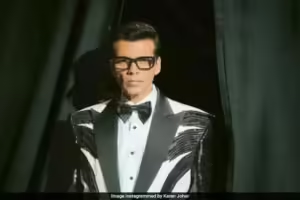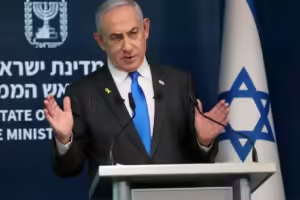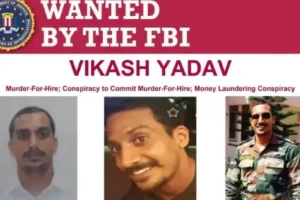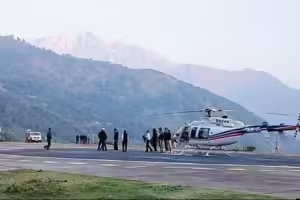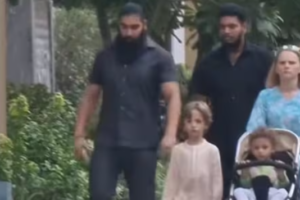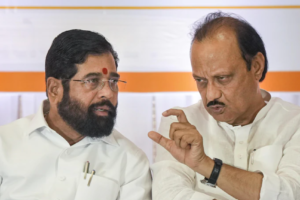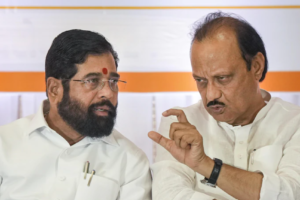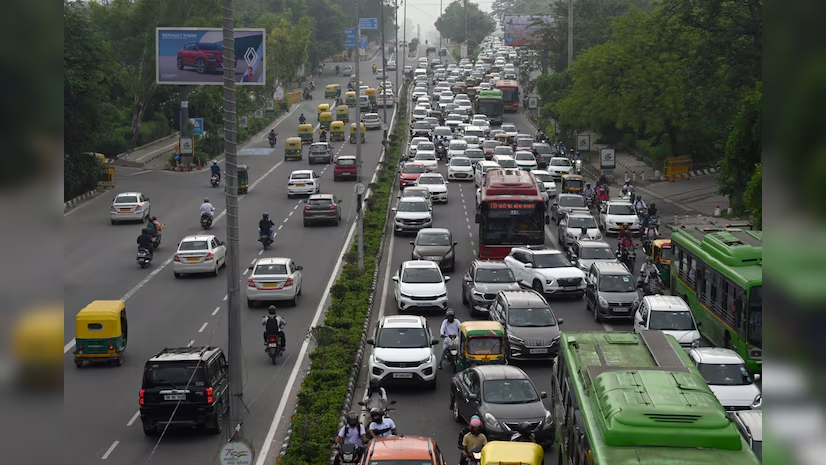‘One India’ is Canada’s policy, but…: Trudeau’s double-talk at deposition

While testifying before Canada’s foreign interference inquiry, Justin Trudeau admitted that his country only had intelligence and no proof against India in the killing of Khalistani terrorist Hardeep Singh Nijjar.
Justin Trudeau has admitted that Canada did not have hard proof, but only intel against India in Nijjar killing. (Pic: Reuters)
In Short
- Trudeau claims India ‘undermined the integrity of our democracy’
- He says Canada’s position has always been to defend India’s territorial integrity
- His remarks come amid ongoing India-Canada row
Canadian Prime Minister Justin Trudeau said “One India” has always been his government’s official policy in order to defend India’s “territorial integrity”. In response, however, India attacked Canada and “undermined the integrity of our democracy”, he alleged.
Despite numerous concerns raised by India about pro-Khalistan elements being active in Canada long before the ongoing diplomatic row, the Ottawa government either turned a blind eye, or just refused to take any action, allowing anti-India acts to continue.
The Prime Minister’s remarks on Wednesday while testifying before the country’s Foreign Interference Commission came amid the ongoing India-Canada row, that escalated earlier this week with New Delhi recalling its top envoy to Ottawa and expelling six Canadian diplomats.
At the deposition, he also admitted that his government had only “intelligence and no proof” against India in the killing of Khalistani terrorist Hardeep Singh Nijjar, who was shot dead in British Columbia last year, drawing even further condemnation from India.
“‘One India’ is the official Canadian policy, and the fact that there are a number of people in Canada who advocate otherwise does not make it Canadian policy, but also does not make it something that is illegal in Canada,” he claimed.
He, however, claimed that the Indian government’s response towards Ottawa, especially through the media, was “instead to attack Canada and Canadians”.
Trudeau further alleged that India also undermined the Canadian government, “and, quite frankly, the integrity of our democracy”.
The Prime Minister said it was only in the interest of public safety to let the Canadian people know that authorities had information about allegations linked to Nijjar’s murder, as well as the fact that the police had started investigations.
“But India’s response to these allegations and our investigations was to double down attacks against Canada, this government’s integrity and also to arbitrarily eject dozens of Canadian diplomats over absolutely no cause, other than to say, ‘we don’t like what you said’.”
Trudeau stressed that he did not want to be in a situation of “picking a fight with a significant trading partner with whom we have deep people-to-people ties and a long history and our fellow democracies”.
As he intensified his attacks against India even further, the Prime Minister said that “Indian diplomats were collecting information on Canadians who are opponents or in disagreement with the Modi government”.
He claimed that the information was first passed to the highest echelon of the Indian government, after which it would be directed through criminal organisations like the Lawrence Bishnoi gang to be used in violence on Canadian soil.
Trudeau’s remarks came as the New Delhi government has repeatedly charged Canada for making baseless accusations without providing any evidence.
At a news conference on Tuesday night, he made similar accusations and claimed that the Canadian law enforcement had made “several attempts” to work with their Indian counterparts but were “repeatedly refused”.
Long before the ongoing diplomatic row began in September 2023 when Trudeau claimed that Canadian security agencies had credible allegations linking Indian government agents to Nijjar’s killing, New Delhi had labelled the Khalistani sympathiser a terrorist, linking him to various violent activities, including a 2007 movie theatre bombing in Punjab and the 2009 murder of Sikh politician Rulda Singh.
But Canada refused to take action against him and also failed to curtail other pro-Khalistan elements, who have continued to organise so-called Khalistan referendums.



 English
English Hindi
Hindi Kannada
Kannada Malayalam
Malayalam Tamil
Tamil Telugu
Telugu